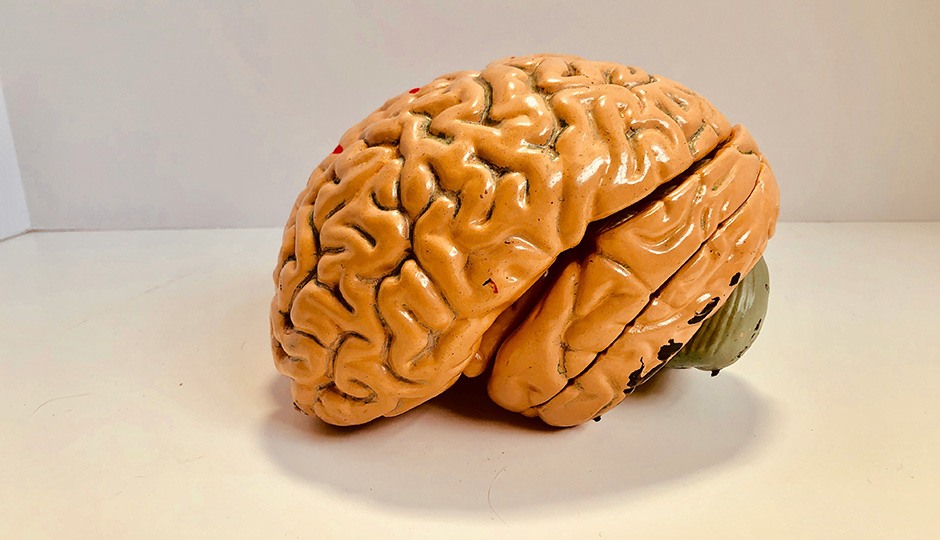Did you know that creatine, the popular supplement used by athletes to enhance their physical performance, also has a remarkable impact on your brain health? Recent research reveals that creatine supplementation can significantly improve cognitive function, benefiting your memory and intelligence. So, if you're looking for a natural way to boost your brain power, creatine might just be the answer you've been searching for.
How Creatine Works in the Brain: The Key to Cognitive Enhancement
In order to understand the potential cognitive benefits of creatine supplementation, it is important to explore how creatine works in the brain. Creatine is a natural compound that is synthesized in the body from amino acids. It serves as a crucial source of immediate energy for tissues with high energy demands, including both muscles and the brain.
Within the brain, creatine acts as a high-energy phosphate buffer, helping to maintain optimal levels of adenosine triphosphate (ATP) during activities that require significant energy. This includes processes related to cognitive function and performance. Research studies have shown that by supplementing with creatine, brain creatine levels can be increased, leading to improved cognition and memory.
One particular area where creatine supplementation has shown promise is in older adults and individuals experiencing metabolic stress, such as sleep deprivation. These populations often experience declines in cognitive function, and creatine supplementation has been found to mitigate these effects and enhance overall cognitive performance.
Furthermore, creatine has also demonstrated potential in improving cognitive outcomes in individuals with specific conditions such as muscular dystrophy, traumatic brain injury, depression, and anxiety. The positive impact of creatine on cognitive health suggests a broad range of applicability and potential for cognitive enhancement.
The Ongoing Research: Optimizing Creatine Supplementation and Understanding Individual Differences
While the benefits of creatine supplementation on brain health and cognitive function are promising, there is still ongoing research to optimize its usage and understand how individual factors may influence the response to creatine supplementation. Researchers are currently investigating the ideal protocol for increasing brain creatine levels and exploring potential sex- and age-related differences in the effects of creatine on brain function.
This research aims to provide a more comprehensive understanding of how creatine can be utilized to enhance brain health and cognitive performance. By uncovering the optimal dosages and protocols, as well as identifying specific populations that may benefit the most from creatine supplementation, future studies can further support the use of creatine as a cognitive enhancer.
The Future of Creatine and Cognitive Health: Promising Potential
The research on creatine and cognitive health is still evolving, but the current evidence suggests that creatine supplementation can have a positive impact on cognitive function, particularly in terms of memory and intelligence/reasoning. Studies have shown that oral creatine administration may improve short-term memory and enhance cognitive performance in healthy individuals.
While the effects of creatine on other cognitive domains are still inconclusive, there is great potential for creatine to be beneficial for aging individuals and those experiencing cognitive decline. Aging is often accompanied by a decline in cognitive abilities, such as memory and attention. Creatine supplementation offers a potential solution to counteract these age-related cognitive impairments.
Further research is needed to determine the optimal dosages and protocols for creatine supplementation, as well as to explore its potential effects in specific populations, such as patients with dementia or cognitive impairment. Ongoing studies are investigating the potential of creatine to improve cognitive outcomes in various neurological conditions and disorders.
Overall, creatine shows promise as a cognitive enhancer, and its safety profile makes it an intriguing option for improving brain health and function. As the research continues to advance, creatine supplementation may become a valuable tool in enhancing cognitive performance and promoting healthy brain aging.
Ready to take control of your health? Contact us today for a free consultation or take our hormone replacement therapy quiz for men or women.




